The Ethics of Selective Reduction in IVF

In-vitro fertilization (IVF) has given millions the chance to build the families they’ve dreamed of—but it also brings with it difficult decisions. One of the most complex and emotionally charged is the issue of selective reduction, a procedure that reduces the number of fetuses in a multiple pregnancy to improve the chances of a healthy outcome.
In-vitro fertilization (IVF) has given millions the chance to build the families they’ve dreamed of—but it also brings with it difficult decisions. One of the most complex and emotionally charged is the issue of selective reduction, a procedure that reduces the number of fetuses in a multiple pregnancy to improve the chances of a healthy outcome. At Reproductive Centers of America (RCA), we believe in creating space for open, compassionate conversations about the ethical dimensions of fertility care—including the choices no one ever expects to face.
What Is Selective Reduction?
Selective reduction is a procedure that reduces a high-order multiple pregnancy (typically triplets or more) to a lower number, usually twins or a singleton. It is typically considered when carrying multiple fetuses poses serious health risks to the mother or the babies.
While most IVF clinics today aim for single embryo transfer to avoid this situation entirely, patients who transfer more than one embryo—or whose embryos naturally split—may be faced with the possibility of reduction.
The Ethical Landscape
The ethics of selective reduction are nuanced and deeply personal. Some of the central questions include:
- When is it ethically acceptable to intervene in a multiple pregnancy?
- How should we weigh maternal health against the potential lives of multiple fetuses?
- Do religious, cultural, or philosophical beliefs affect the moral framing of this decision?
At its core, the debate touches on beliefs about life, autonomy, responsibility, and medical risk. There are no easy answers—and that's why empathy and nonjudgmental support are essential.
RCA’s Approach: Respect, Safety, and Choice
At RCA, our commitment is to ethical, patient-centered care. That means:
- Preventive Protocols: We strongly advocate for elective single embryo transfer (eSET) whenever clinically appropriate to avoid high-risk multiple pregnancies in the first place.
- Transparent Counseling: We provide thorough counseling before embryo transfer, explaining the risks and realities of multiple gestations—including the possibility of selective reduction.
- Judgment-Free Support: If selective reduction becomes part of a patient’s journey, we ensure access to emotional support, experienced specialists, and accurate, compassionate guidance.
A Decision No One Plans For
No one walks into IVF thinking they’ll have to make a decision like this. And yet for some, it becomes a reality. At RCA, we recognize the emotional weight that selective reduction carries—and we hold space for both the science and the sorrow.
We believe that ethical fertility care isn’t just about outcomes. It’s about how we treat people when they face the hardest moments.
What Is Selective Reduction?
Selective reduction is a procedure that reduces a high-order multiple pregnancy (typically triplets or more) to a lower number, usually twins or a singleton. It is typically considered when carrying multiple fetuses poses serious health risks to the mother or the babies.
While most IVF clinics today aim for single embryo transfer to avoid this situation entirely, patients who transfer more than one embryo—or whose embryos naturally split—may be faced with the possibility of reduction.
The Ethical Landscape
The ethics of selective reduction are nuanced and deeply personal. Some of the central questions include:
- When is it ethically acceptable to intervene in a multiple pregnancy?
- How should we weigh maternal health against the potential lives of multiple fetuses?
- Do religious, cultural, or philosophical beliefs affect the moral framing of this decision?
At its core, the debate touches on beliefs about life, autonomy, responsibility, and medical risk. There are no easy answers—and that's why empathy and nonjudgmental support are essential.
RCA’s Approach: Respect, Safety, and Choice
At RCA, our commitment is to ethical, patient-centered care. That means:
- Preventive Protocols: We strongly advocate for elective single embryo transfer (eSET) whenever clinically appropriate to avoid high-risk multiple pregnancies in the first place.
- Transparent Counseling: We provide thorough counseling before embryo transfer, explaining the risks and realities of multiple gestations—including the possibility of selective reduction.
- Judgment-Free Support: If selective reduction becomes part of a patient’s journey, we ensure access to emotional support, experienced specialists, and accurate, compassionate guidance.
A Decision No One Plans For
No one walks into IVF thinking they’ll have to make a decision like this. And yet for some, it becomes a reality. At RCA, we recognize the emotional weight that selective reduction carries—and we hold space for both the science and the sorrow.
We believe that ethical fertility care isn’t just about outcomes. It’s about how we treat people when they face the hardest moments.









